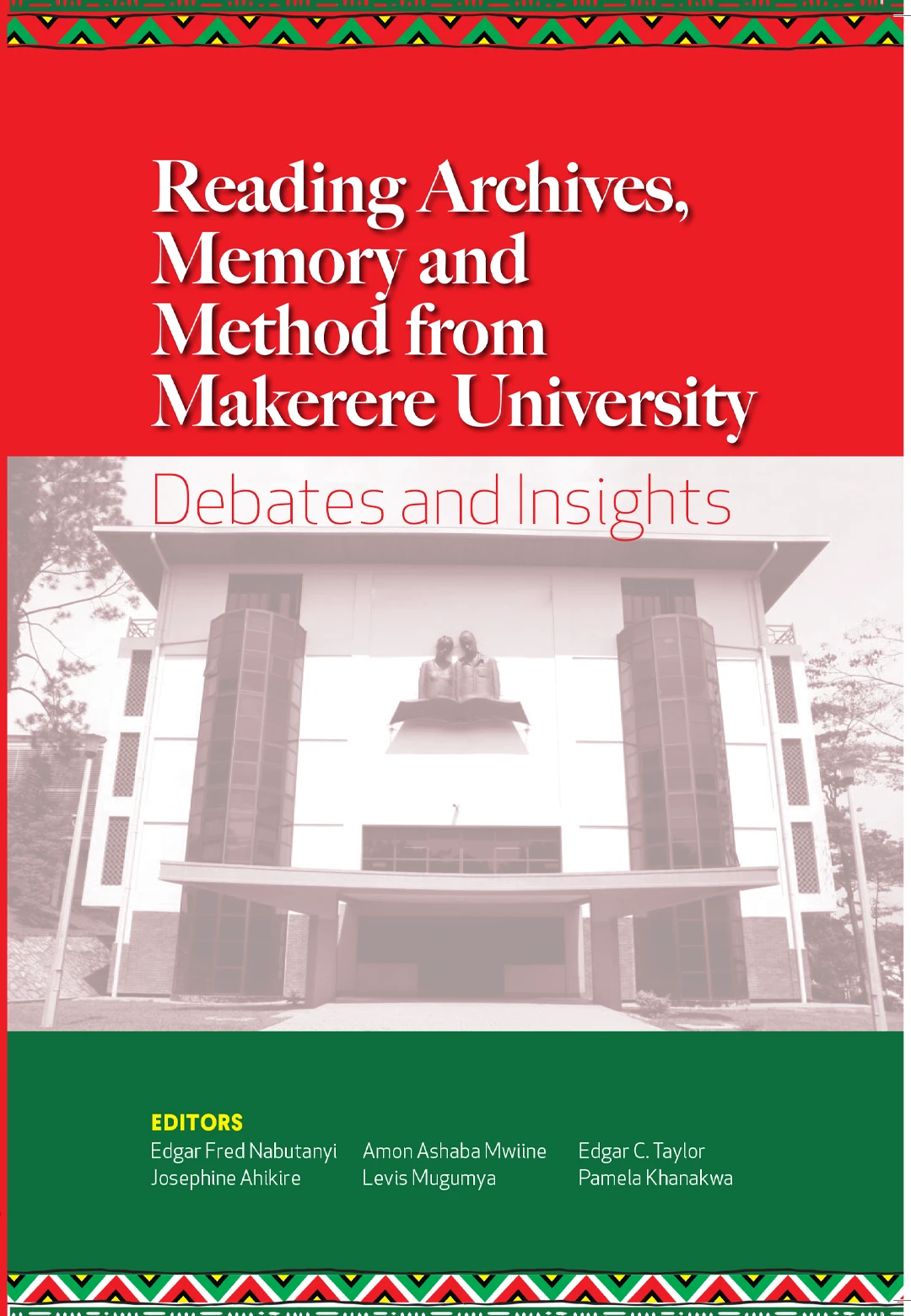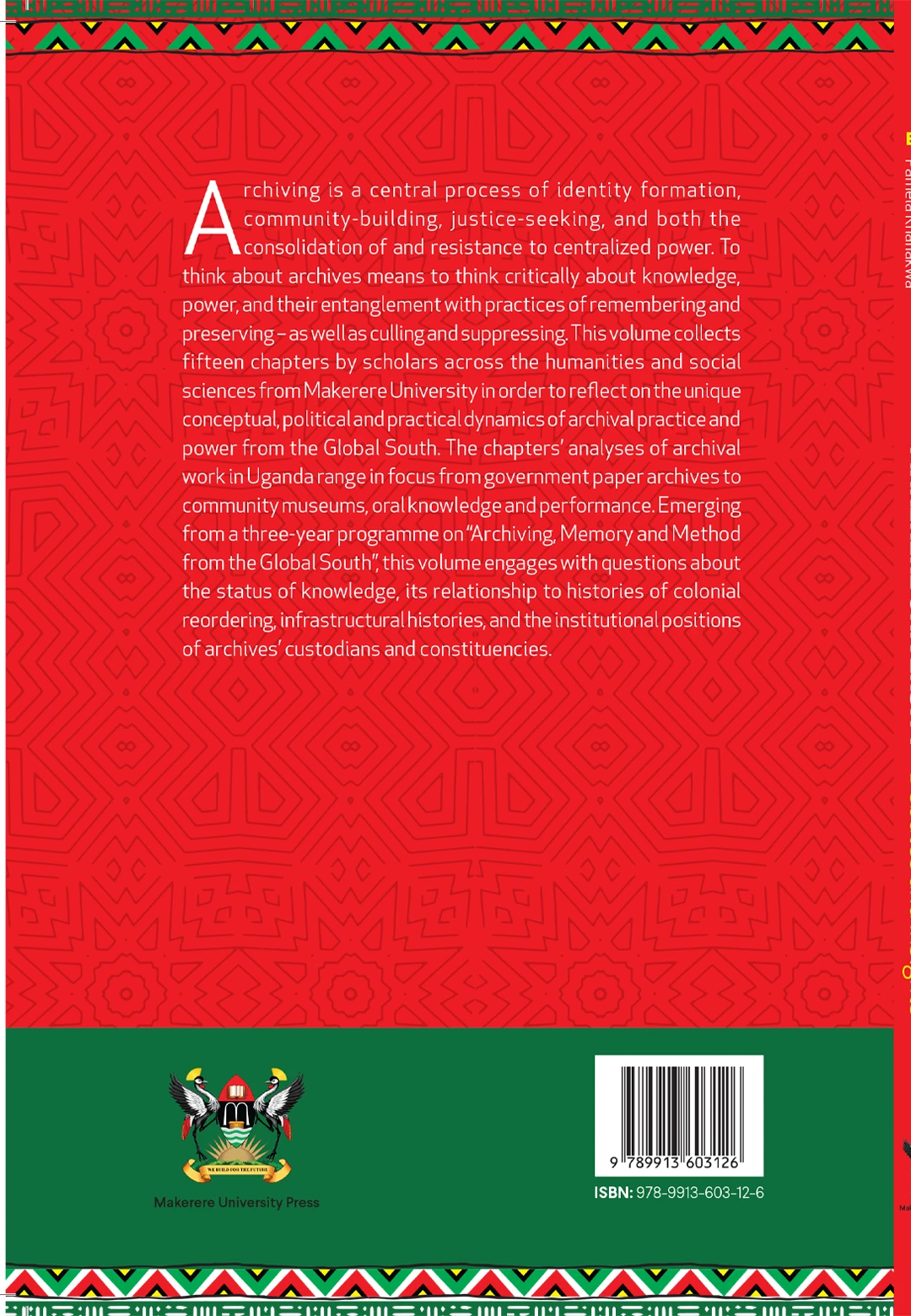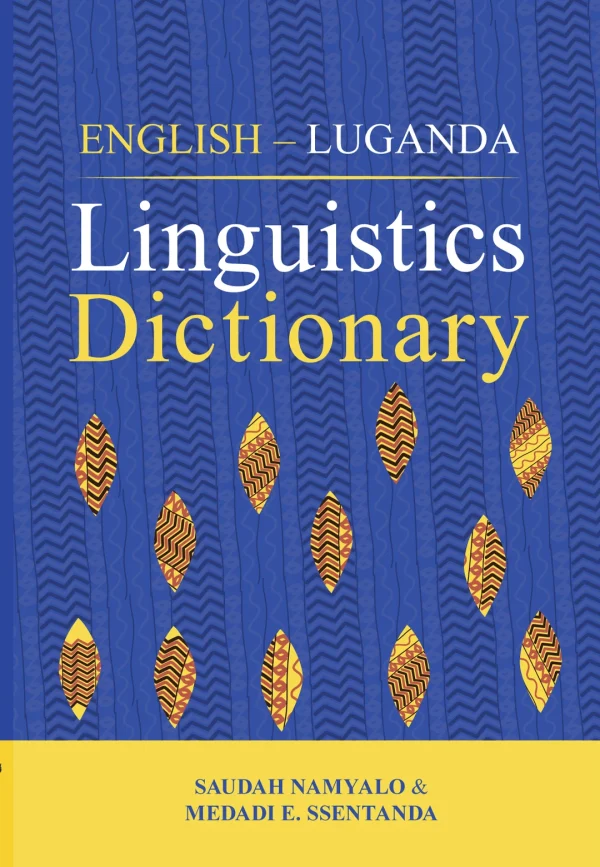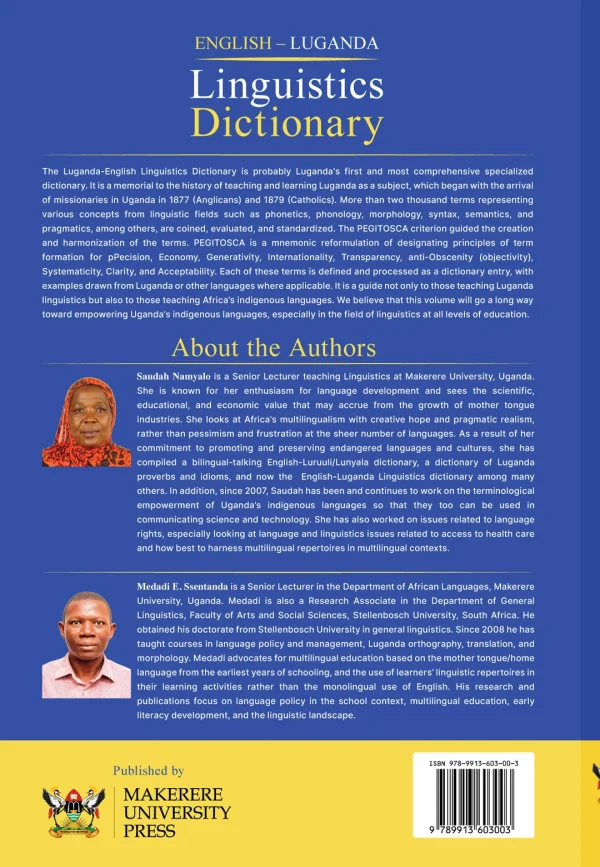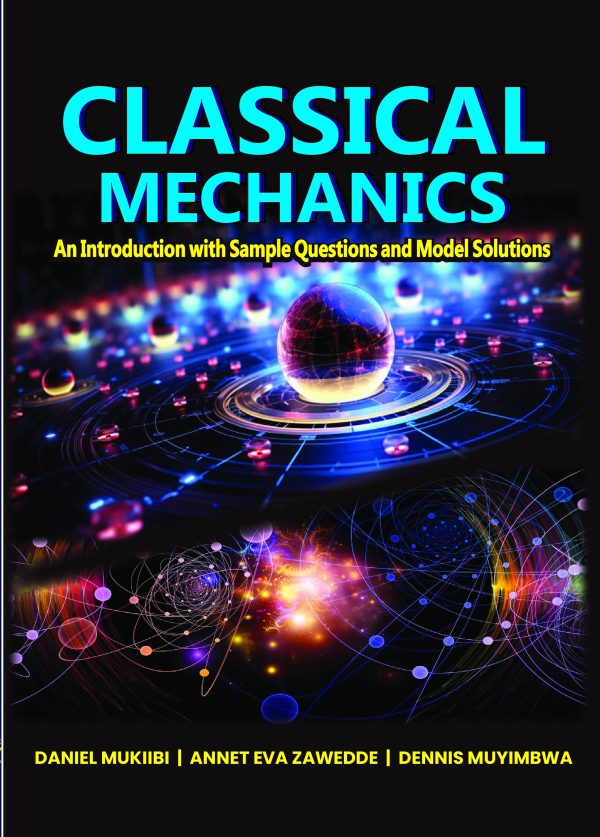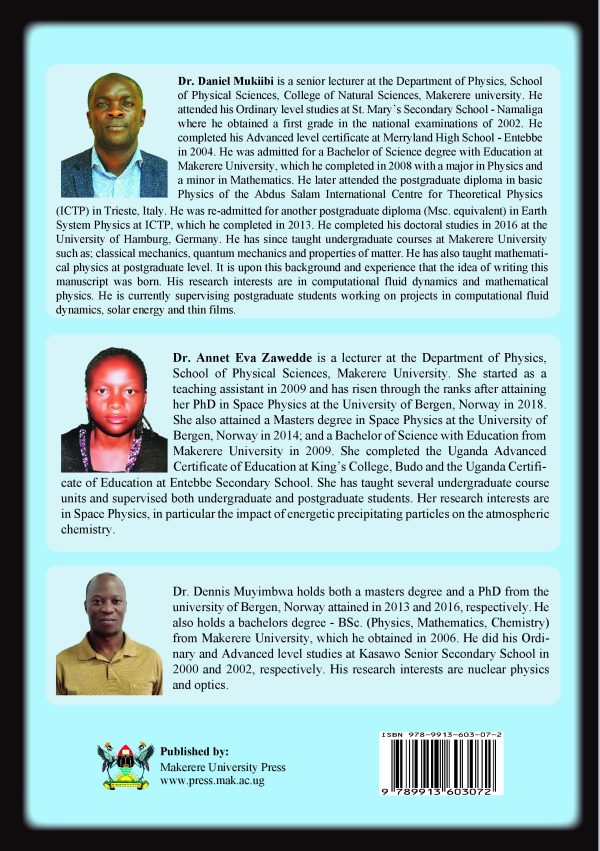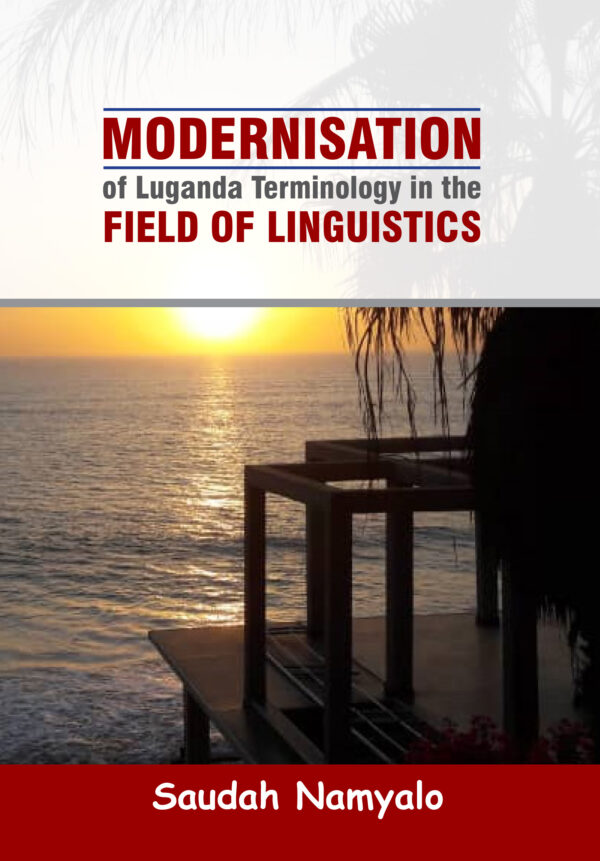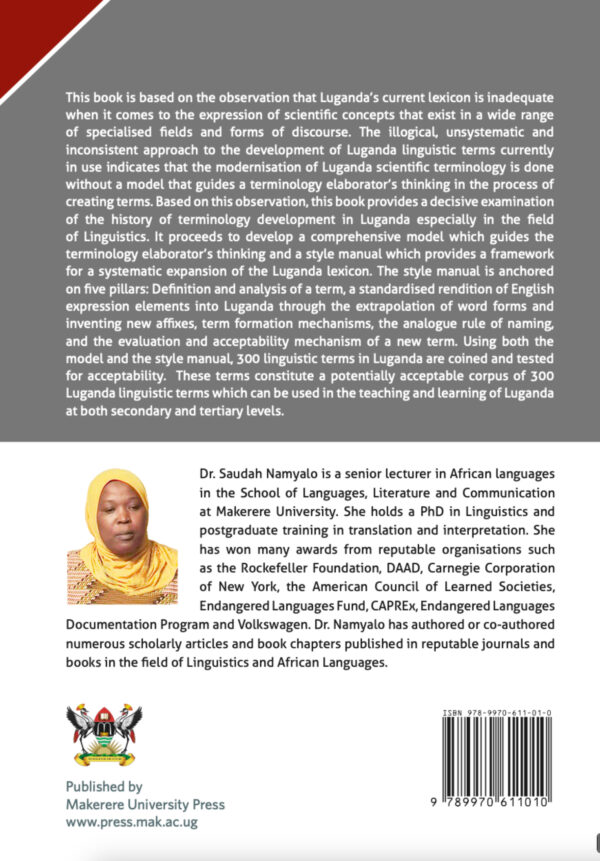Description
Archiving is a central process of identity formation, community-building, justice-seeking, and both the consolidation of and resistance to centralized power. To think about archives means to think critically about knowledge, power, and their entanglement with practices of remembering and preserving – as well as culling and suppressing. This volume collects fifteen chapters by scholars across the humanities and social sciences from Makerere University in order to reflect on the unique conceptual, political and practical dynamics of archival practice and power from the Global South. The chapters’ analyses of archival work in Uganda range in focus from government paper archives to community museums, oral knowledge and performance. Emerging from a three-year programme on “Archiving, Memory and Method from the Global South”, this volume engages with questions about the status of knowledge, its relationship to histories of colonial reordering, infrastructural histories, and the institutional positions of archives’ custodians and constituencies.

